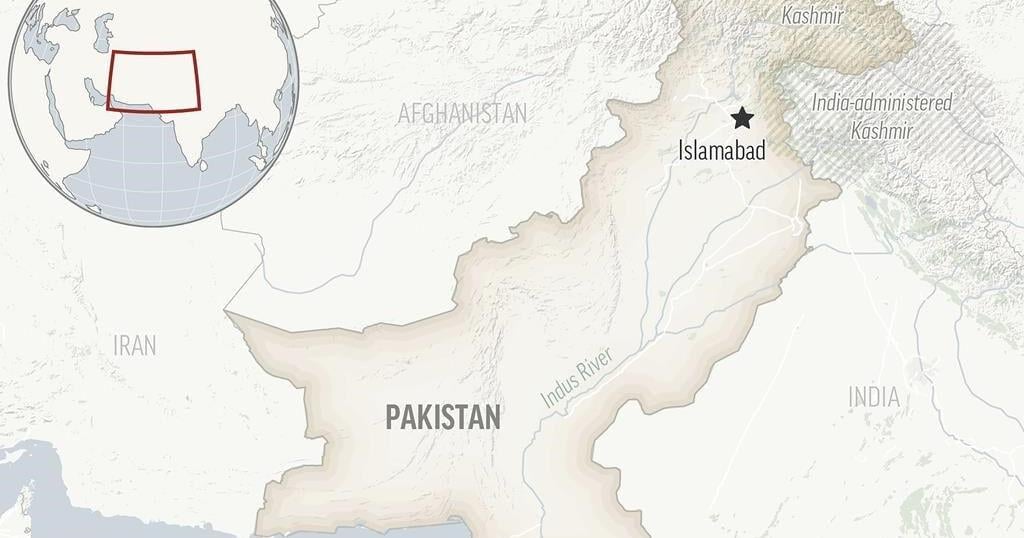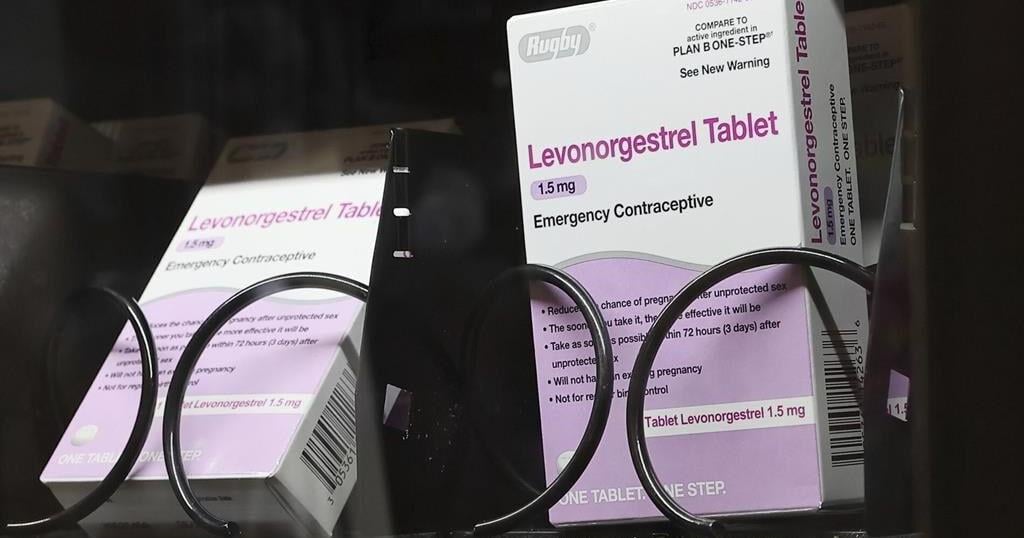The African Union (AU) intends to buy up to 110 million doses of COVID-19 vaccine from Moderna Inc in an arrangement brokered in part by the White House, which will defer delivery of some doses intended for the United States to facilitate the deal, officials told Reuters.
The AU’s doses will be delivered over the coming months, with 15 million arriving before the end of 2021, 35 million in the first quarter of next year and up to 60 million in the second quarter.
“This is important as it allows us to increase the number of vaccines available immediately,” AU coronavirus envoy Strive Masiyiwa said in an email. “We urge other vaccine producing countries to follow the lead of the (U.S. government) and give us similar access to buy this and other vaccines.”
Masiyiwa said the Moderna purchase represented the first time the 55-member AU had secured vaccines that were not fully produced in Africa.
The new shipments of vaccine are well below what Africa needs to vaccinate its 1.3 billion people, who have had far less access to the life-saving vaccines than more prosperous parts of the world. Getting access to Moderna vaccines adds diversity to the AU’s vaccine supply with different storage requirements.
The Biden administration is deferring delivery of 33 million doses it had bought from Moderna to give the AU its “spot in line” to make a purchase, according to Natalie Quillian, the White House’s deputy coordinator for COVID-19 response.
“We are grateful to have helped negotiate this encouraging step forward between Moderna and the African Union that will significantly expand access to vaccines on the continent in the near-term,” Quillian said.
The United States, which has seen more than 700,000 people die from COVID-19, is flush with vaccines. The delayed Moderna deliveries will not have an impact on efforts to provide booster shots to already inoculated Americans, Quillian said.
Moderna said it was working to make it possible to fill doses of its COVID-19 vaccine in Africa by 2023 and has plans to build a manufacturing plant on the continent.
“This is the first step in our long-term partnership with the African Union,” Moderna Chief Executive Stéphane Bancel said in a statement, referring to a Memorandum of Understanding to make up to 110 million doses for the AU.
Last month, the AU accused https://www.reuters.com/article/health-coronavirus-who/update-1-african-union-slams-vaccine-manufacturers-for-restricting-access-idINL8N2QG4CK COVID-19 vaccine manufacturers of denying African countries a fair chance to buy vaccines and urged manufacturing countries, in particular India, to lift export restrictions on vaccines and their components.
(Reporting by Jeff Mason; Editing by Robert Birsel)
Related
































